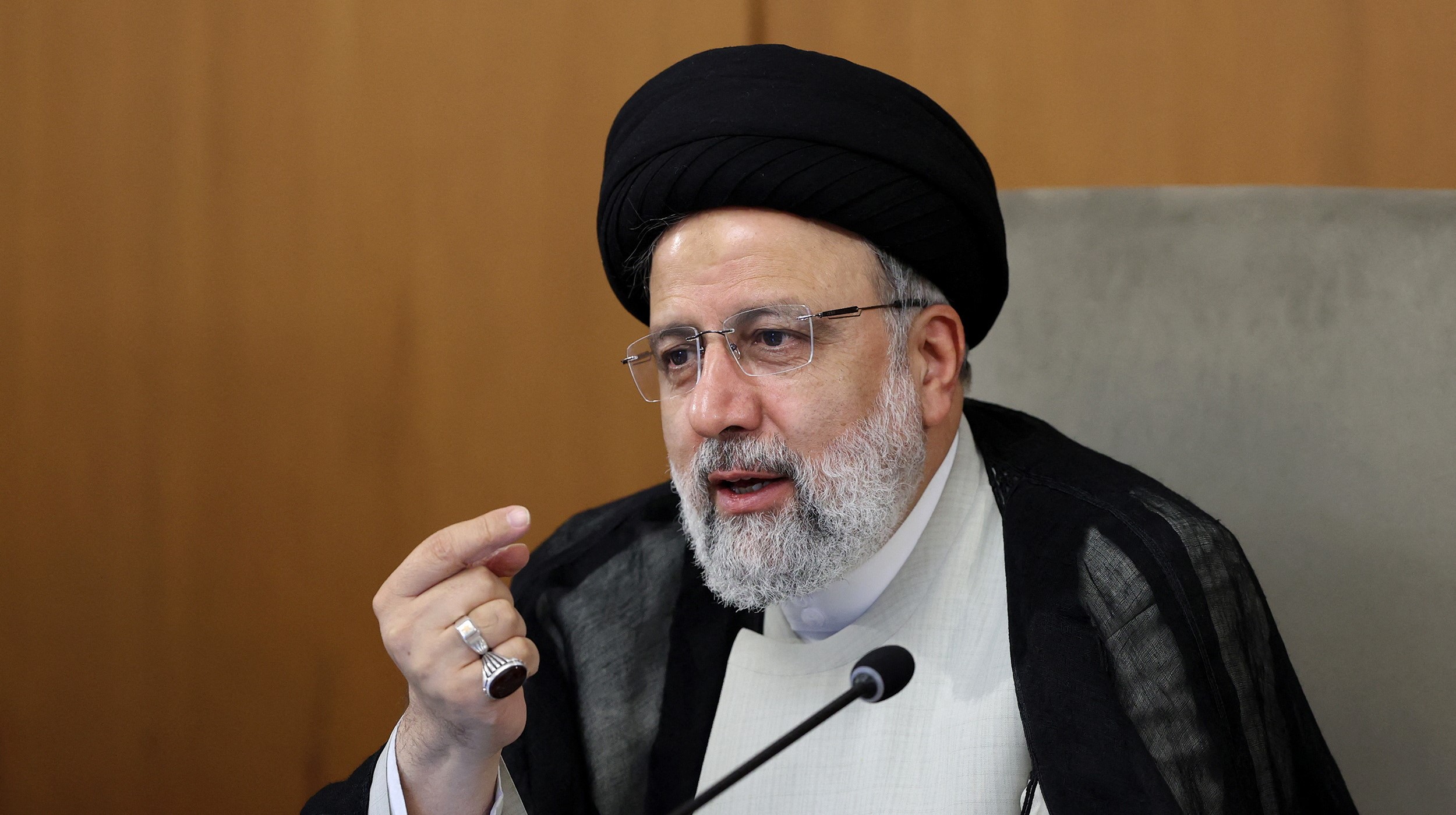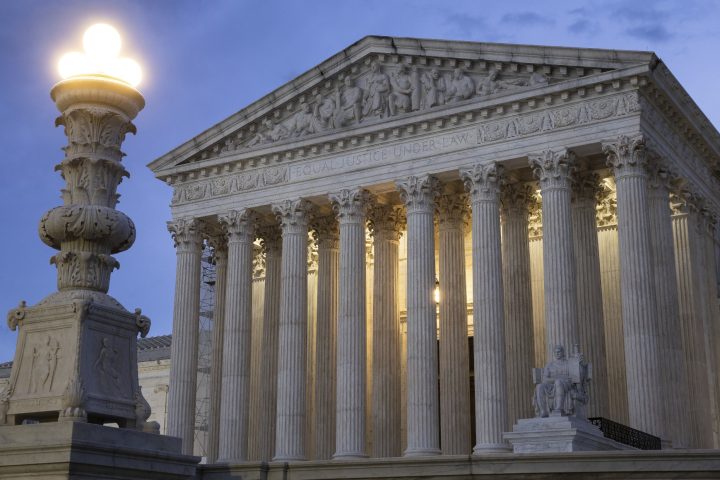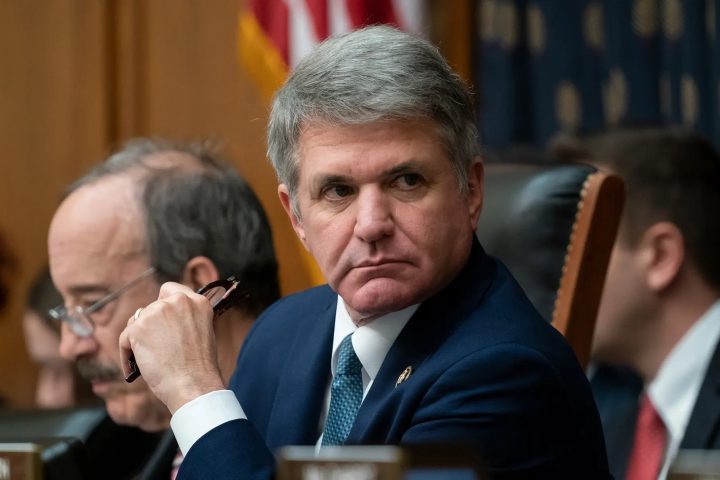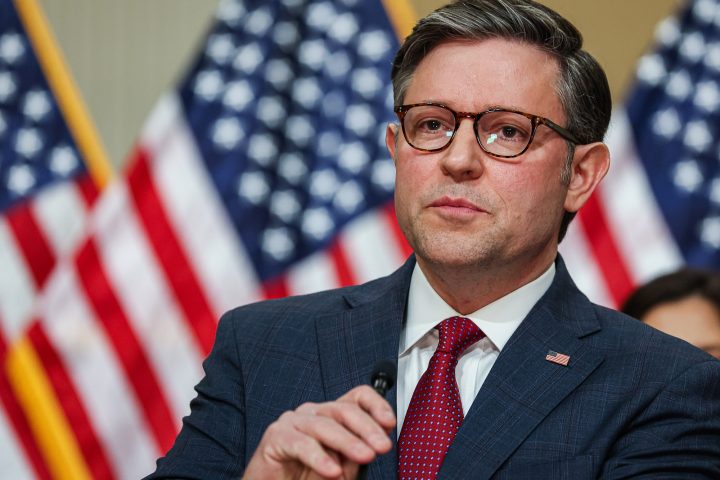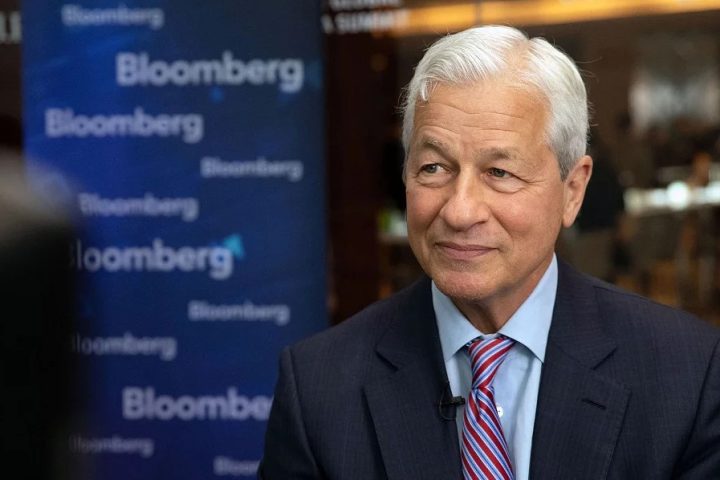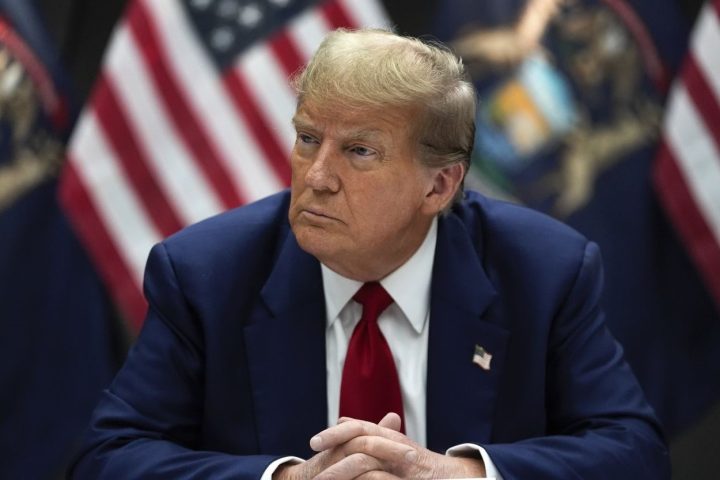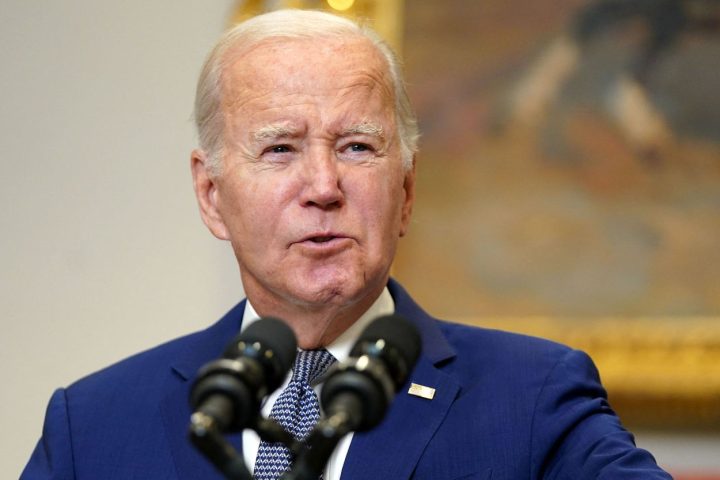Iran unleashed an unprecedented barrage of drones and missiles targeting Israel during the overnight hours of Saturday, marking a significant escalation in tensions.
The assault was reportedly in retaliation for a suspected Israeli strike on an Iranian diplomatic compound in Syria, adding a new layer of complexity to the already volatile Middle East landscape.
This direct assault from Iranian soil represents a dangerous shift in Iran’s approach toward Israel and underscores the widening scope of the conflict in the region. The Iranian leadership has issued stern warnings to Tel Aviv and its Western allies, indicating that further military aggression from Israel will be met with even stronger and more resolute responses.
The scale of the attack was immense, with over 300 projectiles launched towards Israel, including approximately 170 drones and more than 120 ballistic missiles. Despite the overwhelming volume, Israel’s formidable aerial defense systems, in collaboration with its partners, managed to intercept the vast majority of incoming threats.
IDF spokesperson Rear Admiral Daniel Hagari reported that “99%” of the projectiles were neutralized before reaching Israeli territory, with only a small number of ballistic missiles breaching defenses.
In the aftermath of the attack, President Joe Biden engaged in discussions with Israeli Prime Minister Benjamin Netanyahu, reiterating the unwavering support of the United States for Israel’s security while emphasizing a reluctance to participate in offensive actions against Iran. Secretary of State Antony Blinken condemned Iran’s aggression and pledged continued support for Israel’s defense.
Iran, meanwhile, has issued bold declarations of a “new equation” in its approach to regional conflicts, signaling a willingness to directly retaliate against any perceived threats to its interests. The Iranian Chief of Staff, Sardar Bagheri, issued a stark warning to both the US and Israel, indicating that any future attacks would prompt swift and decisive responses, with potential repercussions for US military installations.
The international community has reacted with concern to the escalation, with leaders from the Middle East and beyond urging for restraint and de-escalation. Saudi Arabia, a key regional player, stressed the importance of preventing further exacerbation of the crisis, while Qatar, with its close economic ties to Iran, expressed profound concern over the developments.
Beyond the Middle East, voices of condemnation echoed from Latin American countries, and global powers such as China and Australia emphasized the need for calm and restraint to prevent further escalations that could destabilize the region’s security architecture.

